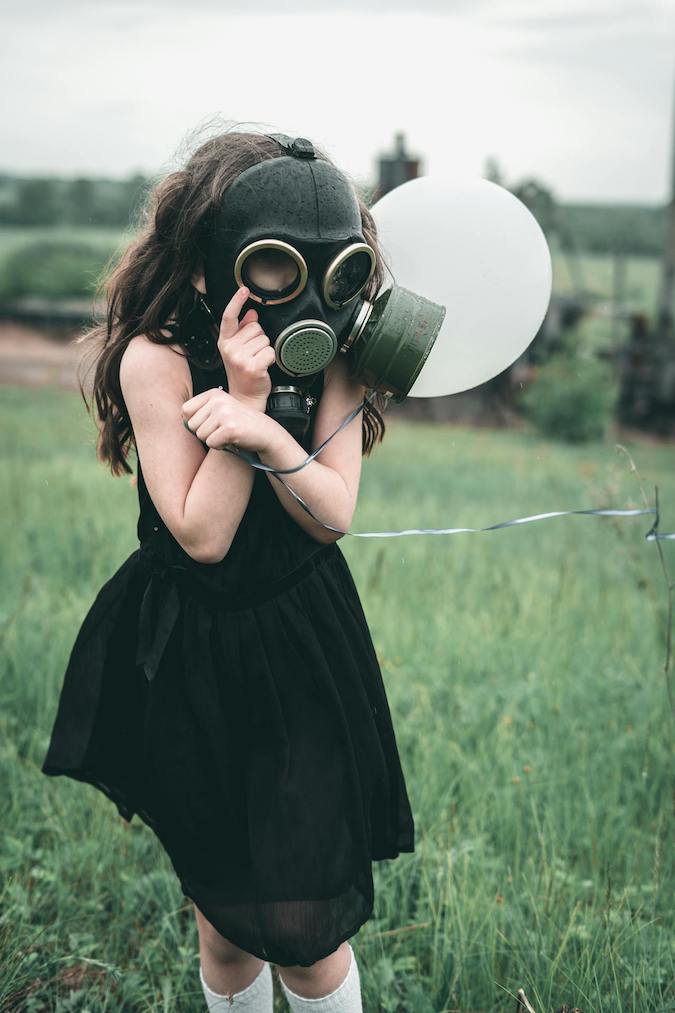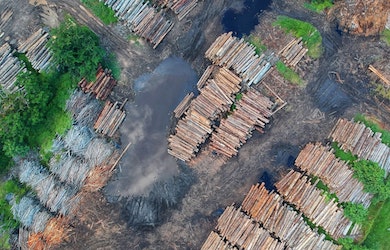Climate change has important implications for the health and futures of children and young people, yet they have little power to limit its harm. We are often teaching children about Global Warming, Climate change, Pollution and the effects it has on our environments, making them vulnerable to climate anxiety.
Climate anxiety is defined as a widespread issue that affects many children and young people around the world. It can cause feelings of sadness, anger, powerlessness, and hopelessness. The symptoms can include feeling:
- Worried, sad, or pessimistic about climate change,
- Overwhelmed by climate change,
- The future is frightening,
- Humans have failed to care for the planet,
- Feeling like they have fewer opportunities than their parents,
- Like adults are pressuring them to fix climate change,
- Feeling like they might have to give up having children they would otherwise want.
The Lancet Planetary Health surveyed 10,000 children and young people (aged 16–25 years) in 10 countries (Australia, Brazil, Finland, France, India, Nigeria, Philippines, Portugal, the UK, and the USA; 1000 participants per country). They wanted to investigate climate anxiety in children and young people globally and its relationship with perceived government response. [1]
Findings
Respondents across all 10 countries were worried about climate change. 59% of respondents expressed that they are very or extremely worried and 84% are at least moderately worried. More than 50% reported each of the following emotions:
- sad,
- anxious,
- angry,
- powerless,
- helpless,
- guilty.
More than 45% of respondents said their feelings about climate change negatively affected their daily life and functioning, and many reported a high number of negative thoughts about climate change. 75% expressed that they think the future is frightening and 83% stated that they think people have failed to take care of the planet.
Figure 1: Image of a child in a field with a gas mask on. [2]
Government responses
Respondents rated governmental responses to climate change negatively and reported greater feelings of betrayal than reassurance. Climate anxiety and distress were correlated with perceived inadequate government response and associated feelings of betrayal.
Anxiety affects more than 301 million people worldwide, and symptoms of anxiety often have onset during childhood or adolescence, according to World Health Organization. [3] There are some ways of treating the symptoms of anxiety, such as Cognitive Behavioural Therapy, talking therapies, medications and meditations, but when a part of the root cause of the anxiety is everywhere and feels inescapable, it can become incredibly overwhelming. Publicity regarding Global warming and Climate change is very widely talked about, written about and in the news, and the majority of the publicity is negative. The positives, the milestones and the achievements/breakthroughs in sustainability, renewables and reducing Global warming are rarely publicised, and if you’d like to read about the positives, you’d have to search the internet for them.
It’s no wonder that the younger generation feel that they are carrying the weight of the world is on their shoulders, that it is their job to fix the mess that many, many generations previous have helped to create.
Together, whatever generation you come from, we can all help to reduce Global warming and increase positive news and in doing so, begin to help tackle the overwhelming Climate anxiety.
About Pager Power
Pager Power undertakes technical assessments for developers of renewable energy projects and tall buildings worldwide. For more information about what we do, please get in touch.
References
[1] https://www.thelancet.com/journals/lanplh/article/PIIS2542-5196(21)00278-3/fulltext
[2] Image of a child in a field with a gas mask on. Photo credit: Ilya Perelude. Image accessed 26/03/25. Available at: https://www.pexels.com/photo/young-girl-in-black-dress-wearing-gas-mask-8936833/
[3] https://www.who.int/news-room/fact-sheets/detail/anxiety-disorders




